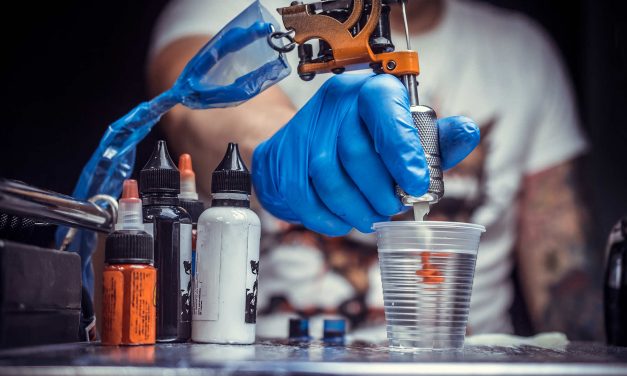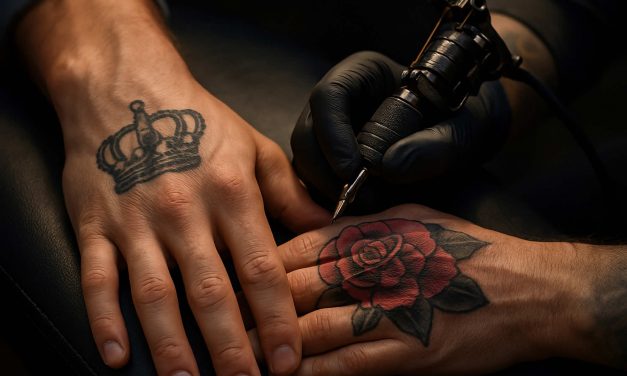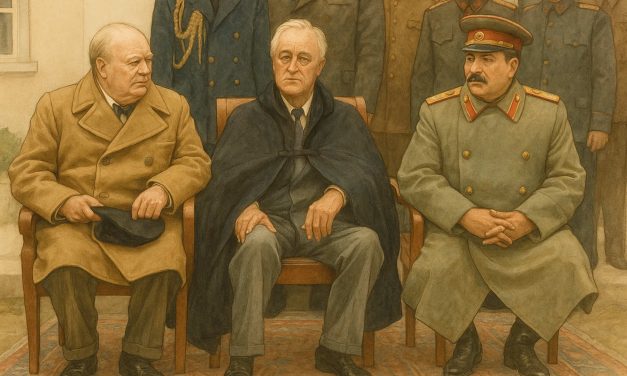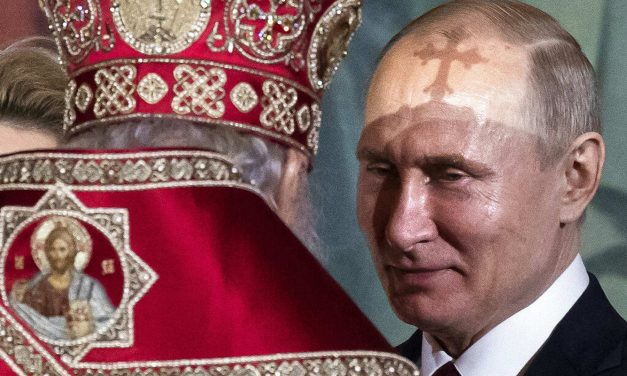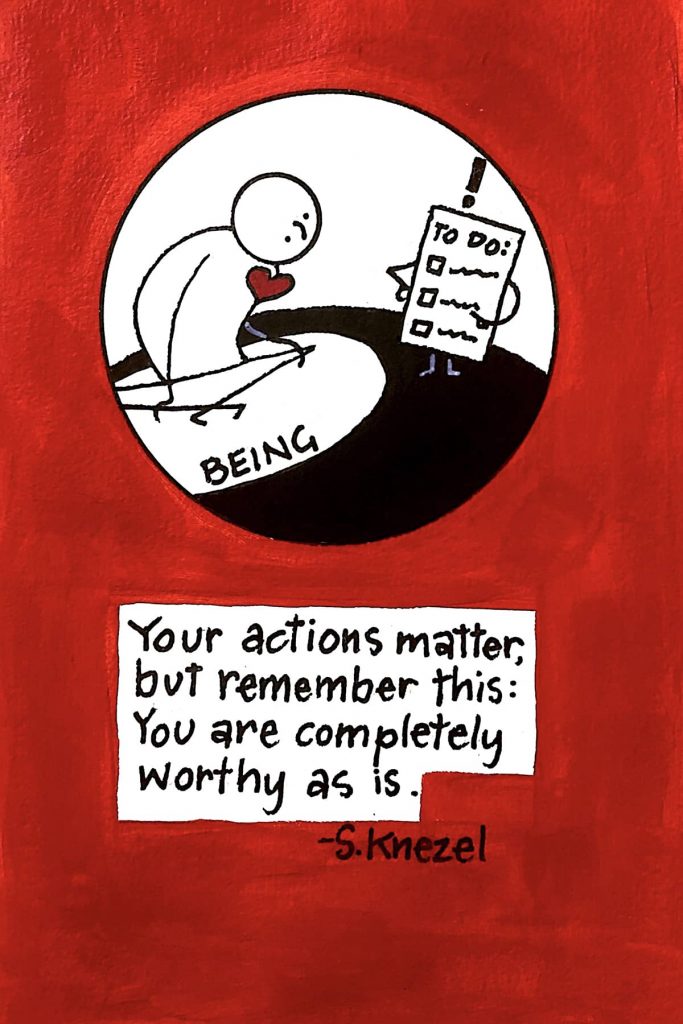The true total of COVID-19 deaths remains elusive after 5 years and lacking data further hobbles research
By Dylan Thomas Doyle, Ph.D. Candidate in Information Science, University of Colorado Boulder In the early days of the COVID-19 pandemic, researchers struggled to grasp the rate of the virus’s spread and the number of related deaths. While hospitals tracked cases and deaths within their walls, the broader picture of mortality across communities remained frustratingly incomplete. Policymakers and researchers quickly discovered a troubling pattern: Many deaths linked to the virus were never officially counted. A study analyzing data from over 3,000 U.S. counties between March 2020 and August 2022 found nearly 163,000 excess deaths from natural causes that were...
Read More


